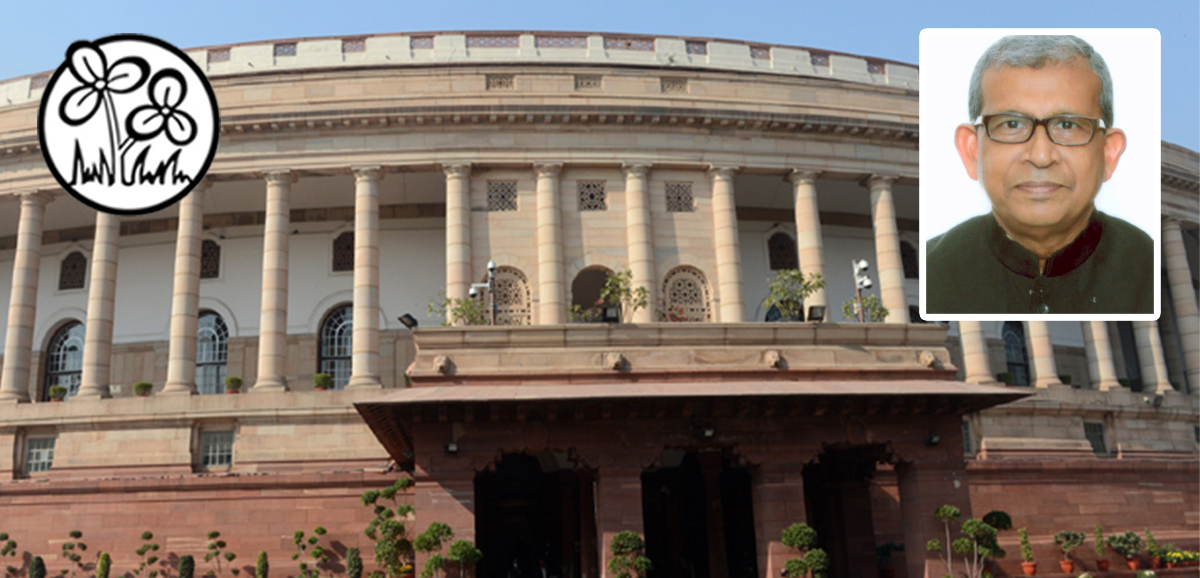FULL TRANSCRIPT
Sir, I thank you for giving me the opportunity. The Mineral Laws (Amendment) Bill was passed in only four minutes in the Lok Sabha. No fruitful discussion could happen on it. I would like to take this opportunity to point out several issues with the Bill and the circumstances around its introduction and hasty passage.
The All India Trinamool Congress has categorically opposed the excessive use of Ordinances to enact legislation. The framers of the Constitution didn’t want Ordinances to enact legislation. The BJP doesn’t care about the framers of the Constitution. Many Bills moved by the Government using the Ordinance route are not of an urgent nature and this method is a way to skip scrutiny by Parliamentary Committees.
Is the Ordinance justified in this case? The question arises. No Sir, it is not. The expiration of lease of these mining units was foreseeable. The mineral industry’s demands, which are sought to be addressed by this Bill, did not arise overnight. These demands have been long-standing ones and yet the Government chose to incorporate them through an Ordinance. This just shows the lack of vision in the law-making capacity of the Government.
Coming to the bill, the mining leases of 334 mines were expiring and the Ordinance was brought to sustain their functioning. However there are several issues in the industry that must be addressed first. So far, only a few of the 204 blocks that were cancelled by the Supreme Court in 2014 have been auctioned.
Next, production from captive coal blocks had fallen to 25.1 million tonnes in FY19, down from 43.2 million tonnes in 2015, this when more than 50 per cent of India’s total primary energy comes from coal. The plant load factor at thermal power plants remains depressed due to the economic slowdown.
Lastly, the import bill for coal rose to $26 billion in 2019, up from $16 billion in 2014.
With the measures adopted by the Bill, the Government is also facilitating the entry of major global mining players.
To ensure that the investments enabled by this Bill fructify, the Government should make sure that the surrounding factors are enabling in nature, like the kinds of coal blocks offered, the infrastructure available, the Government’s ability to ease the regulatory hurdles such as the process of obtaining clearances, and clearing of mining plans and leases.
Another point I want to say is that while on one hand you want to open up the coal mining market,on the other, the opening up to private players would effectively end Coal India’s monopoly status. The company has been set a production target of 1 billion tonnes by FY 2023-24. But last year, it produced only 606 million tonnes. So what is the plan to attain the target?
I would like to rest my case by reminding the Government that Parliament need not be reduced to a rubber stamp. Let debates happen and let legislations be enacted after healthy discussions. The Indian people deserve at least this much from their elected representatives.
Thank you, Sir.


